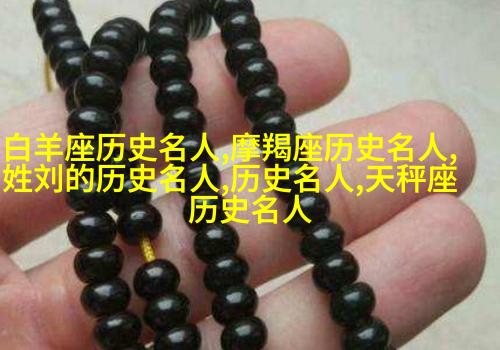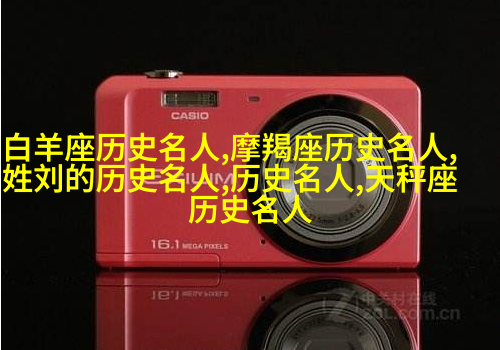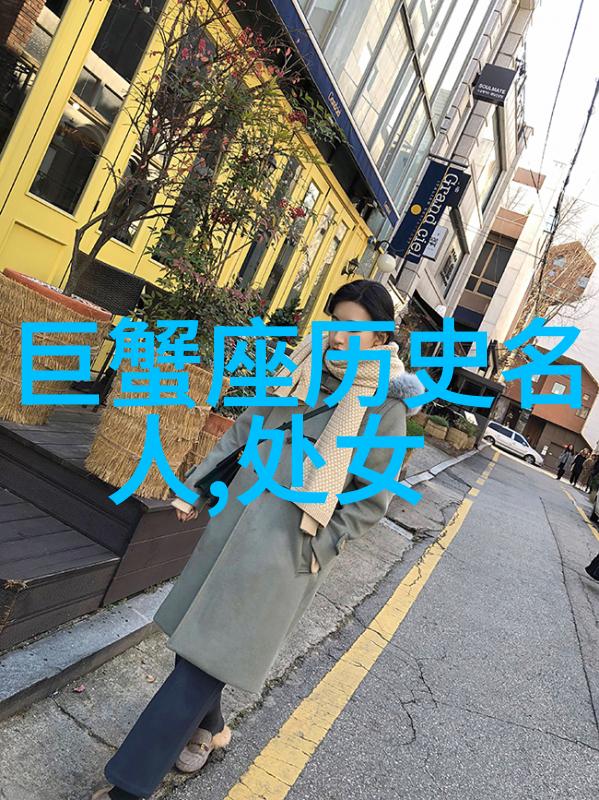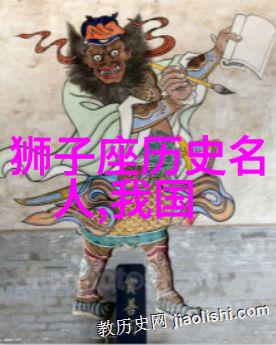在1697年的萨尔丹,一个年轻的俄罗斯使团悄然来访,这个使团似乎并不像外界所想象的那样忙于外交活动,却总是好奇地探寻造船厂的秘密。其中一位身材高大的青年,他自称米哈依洛夫,一名水手,在使团中只是一名低等官员,但他的行为举止却让人难以捉摸。他经常与工人们攀谈,向他们学习技术,并不时记录下自己的发现。荷兰工人们对此感到迷惑,他们私下议论,这个人究竟是谁?直到有一天,他们得知这个神秘青年其实就是沙皇彼得大帝。

彼得一世出生于1672年5月,他的童年充满了戏剧性色彩。在1682年的一场宫廷斗争后,10岁的彼得和同父异母弟弟伊凡被立为共同统治者,但实际权力很快落入了彼得能干姐姐索菲亚的手中。彼得和母亲被流放到了莫斯科郊区,他只能远观政事。
然而,彼得并没有因此而消极,他深受西欧文化影响,同时也热爱军事游戏。他建立了两个童子军团,以便更好地进行训练。当他和伙伴们年龄增长时,这些童子军变成了训练有素的武装力量。这引起了索菲亚的大Fear and Concerns,最终在1689年的叛乱中,她试图杀害彼得夺取皇位。但是,彼得率领着他的童子军迅速击败叛乱,并正式掌握了政权。

随着商品经济逐渐活跃,全俄统一市场开始形成,而社会生活仍然充满中世纪愚昧之风。要改变这种状况,就必须建立强大的海军。而这一切都要求效仿西方、实行改革。于是,那个关于荷兰造船厂的小故事就发生了。
1698年,Peter the Great返回家国,为国家现代化和西方化实施了一系列大规模改革。他鼓励西方技术人员进驻,并派遣年轻人才去东欧学习。在他的统治期间,大城镇扩展,小资产阶级增多其影响力。在他领导下,一支可观海军建立起来,将整个部队改编成按照西方式标准配备服装、火器并进行训练。此外,还推行了一项革新,即提升公务员基于工作表现而非世袭地位。

在社会问题上,Peter also advocated for Westernization. He issued decrees banning beards (though he later modified this decree), requiring courtiers to wear Western attire, encouraging smoking and drinking coffee. Though his policies were met with strong opposition at the time, they had long-lasting effects: this country ruled by nobility eventually adopted many aspects of Western customs and culture.
Moreover, Peter believed that the Orthodox Church was a force of backwardness. He successfully reformed parts of it and gained significant control over it. Under his rule, non-religious schools were founded to encourage scientific development; European calendars were introduced; Russian script was modernized; even Russia's first newspaper was established.

Apart from these domestic reforms, Peter also reformed foreign policy which would have significant implications for the future. Under his leadership, Russia fought against both Turkey in the south and Sweden in the north. The war with Turkey initially ended in victory when St Petersburg captured Azov in 1696, opening up a route to the Black Sea. However, towards the end of his reign, Turkish forces prevailed again as he returned Azov to them in 1711. Later still came conflict with Sweden that resulted in gaining Baltic ports - thus propelling Russia into Europe's top tier powers.
Before long after those victories on battlefields Peter was hailed as "the Great" by an imperial council who formally renamed their realm "The Russian Empire". Not long afterward Peter founded a new city on both banks of Neva River - Saint Petersburg - using land won from Sweden during those wars but moved capital back to Moscow just one year later.

Since then Saint Petersburg became Europe's main gateway for Russians while Moscow remained its political center until today.



